
|

|
|||
|
Landmarks ~
Churches ~
Pubs ~
Shops ~
Amenities ~
Dwellings ~
Events ~
Schools ~
Sports
Industrial ~ Transport ~ Families
~ Gallery - Amenities ~
Cinema
The Alexandra Cinema, Redhall Road.
The Cinema was opened in 1912, built using remnants from an old chapel,
and it was originally called the 'Alexandra Hall',
a wooden framed building clad in corrugated iron.
In the Kinematograph Year Book, 1928, it is listed as just 'The Picture House'.
 A fire destroyed the Cinema in 1931.
A fire destroyed the Cinema in 1931.
The proprietors in 1931 were Alexandra Halls (Midlands) Limited.
1931 Disaster - destroyed by fire and death of projectionist.
On 27 August, 1931 during a period when the picture house was being re-fitted with sound equipment for the 'Talkies',
the building was gutted by fire causing the tragic fatality of the projectionist Frank Danks.
Just before the evening performance was about to start, the proprietor Ernest Jones, who was in the projection room, was alerted by Mr. Danks of a fire in the re-winding room where he was working. Mr. Jones dragged Mr Danks out of the building, but Danks was badly burned, he was taken to Dudley Guest Hospital where he died shortly afterwards. At the inquest, the Coroner returned a verdict of accidental death after a thorough inquiry was held, but the Coroner remarked "How the fire commenced remains a mystery which none of us can clear up" and commented on the inadequacies of the projection room. Despite this set-back, the cinema was rebuilt and the 'Alexandra Cinema' was opened again in 1933. 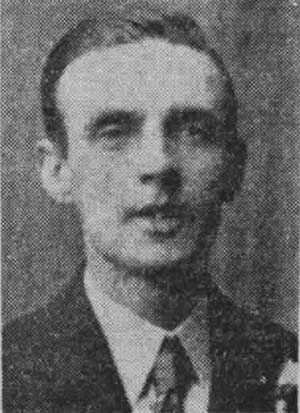 Francis (Frank) Harold Danks of Shutt End, Pensnett, victim of the cinema fire.
Francis (Frank) Harold Danks of Shutt End, Pensnett, victim of the cinema fire.
1931: Journal - 'The Bioscope', December 16.
In January 1932' The Bioscope' follows with...
The proprietor in 1933 was Ernest A. Grenville Jones who was also proprietor of the 'Castle Cinema' in Dudley.
In 1939 it is listed as Alexandra Hall (Imperial), proprietors
W.H. Smith & K.F. Jones with 500 seats ranging from 3d to 1s.
In the same year, the picture house was acquired by the 'Cinema Accessories' company, partly owned by Sidney Clift, who had built up the Clifton cinema chain over a great number of years. 1939 Kinematograph Yearbook.

The Company already had a number of cinemas throughout the Black Country, including
the Clifton in Sedgley and the newly built Clifton in Coseley.
In 1947 The Alexandra was reported to have 400 seats with prices ranging from 7d to 1s 6d.
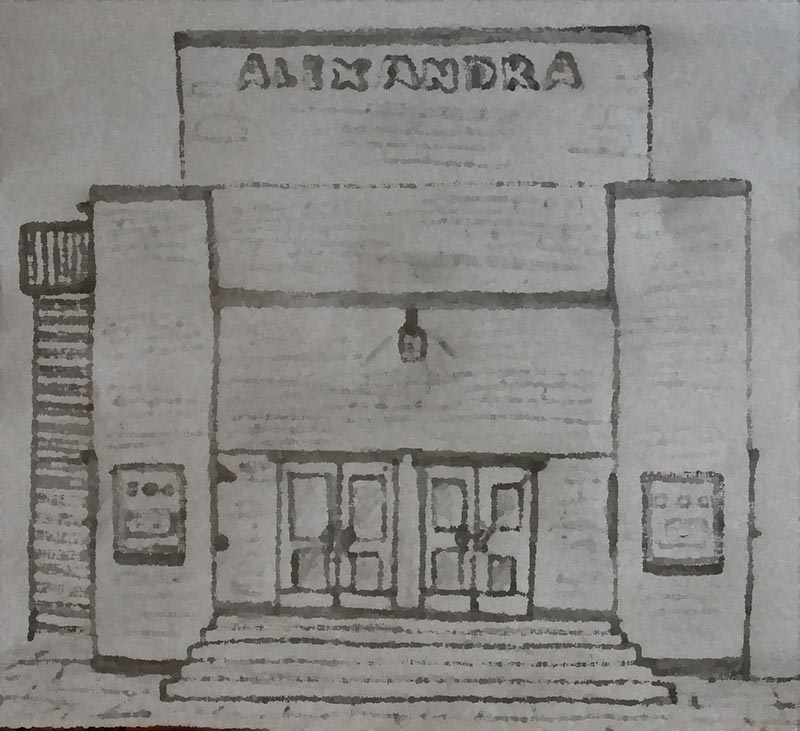 (C.Davies)
The external iron stairway on the left of the building led to the projection room.
The wings accommodated the ticket office on the outside of the building.
"Why the 'Bump'"?
In the early days, the building was powered by a gas engine driven generator, the engine would have run on coal gas produced at the local gas works. These gas engines had a very low cycle of combustion, the regular and repetitive explosive 'thud' that came from the adjoining generating shed, gave rise to the locals nicknaming the picture house 'The Bump'
The Cinema closed on the 24th of September, 1966.
In November 1969, the venue became 'The Gay Throstle’ -a local branch of the West Bromwich Albion Supporters 'Throstle' Clubs,
several of these clubs sprang up around this time in the West Midlands due to the Baggies FA Cup Final success in 1968.
The Club closed in 1978 and the building was finally demolished in 1983.
A housing development containing ten residential flats took place on the plot after 1985, and they have taken on the name 'Alexandra Court'.
~
The Jack Darby Picture House.
Situated on the main Dudley Road, A459, Upper Gornal.
 The 'Jack Darby' Picture House The 'Jack Darby' Picture House
Photo CDM 2015
The Picture House opened in 1911 and was one of the first in the area.
1950

Kinematograph Year Book, 1950
The premises was originally built as a Public Hall in 1882 and a
little later also used as a Drill Hall, after which it was converted
into a Picture House, it was known locally as 'Jack Darbys' after the
original Picture House proprietor, it was also called the 'Blood Tub'
(due the regularity of horror movies no doubt),
The Sedgley tram depot occupied the side and rear of the building.
The Cinema closed in 1960.
 The Picture House c1963 after closure. The Picture House c1963 after closure.
The cinema, now closed and unloved in the above photo as a trolleybus passes by The Leopard on its way to Dudley.
The building existed as an independent DIY firm 'County Wallpapers' which was trading from here as a wallpaper and decorating store for many years, in 2017 it became a furniture store.
~
|
||||

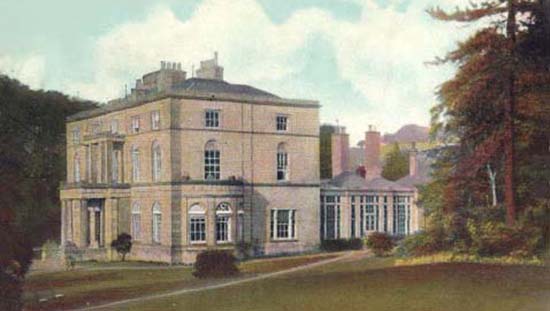

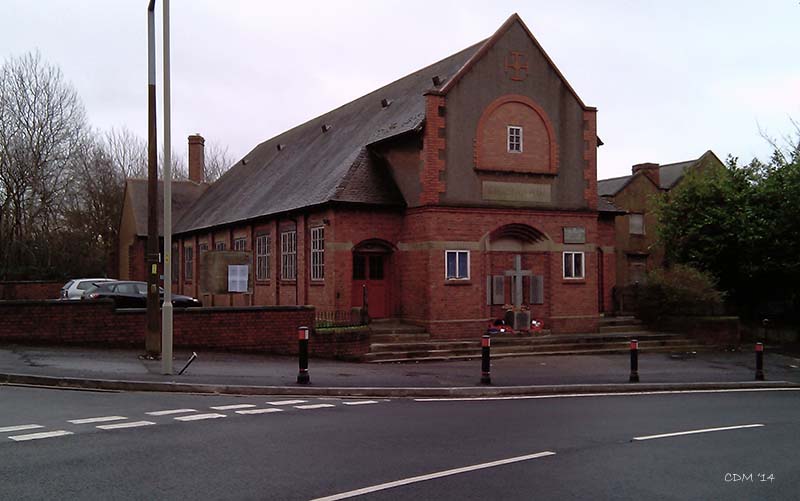 Memorial Hall
Memorial Hall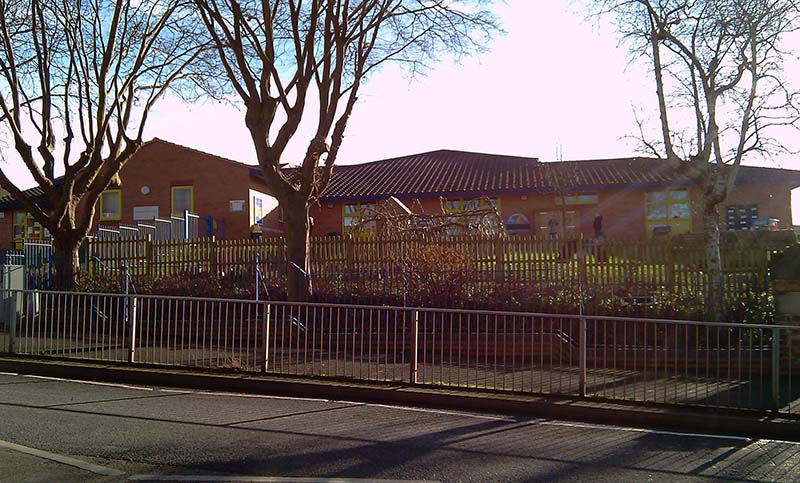 Schools
Schools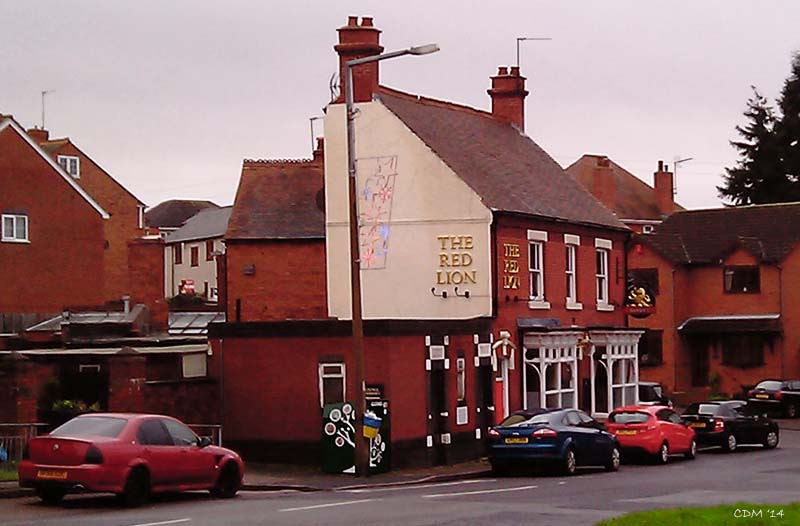 Pubs
Pubs